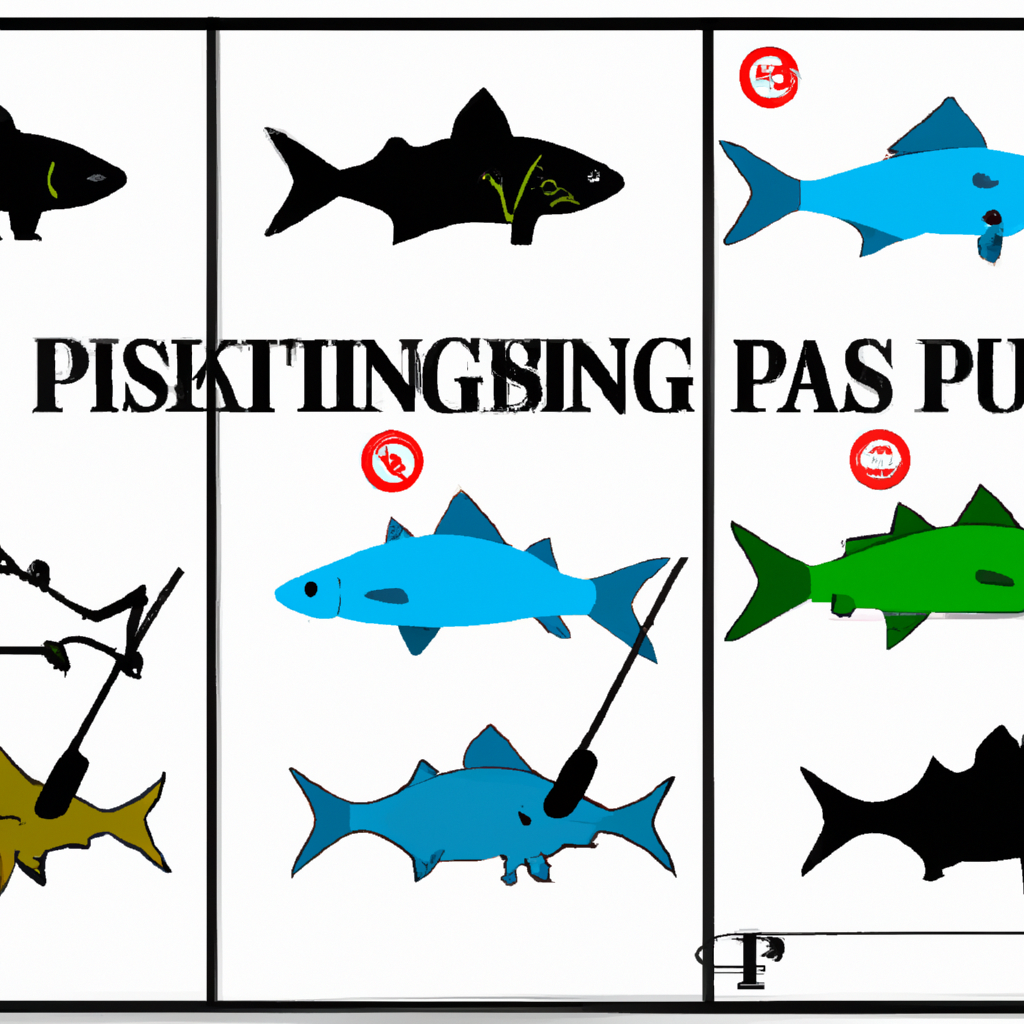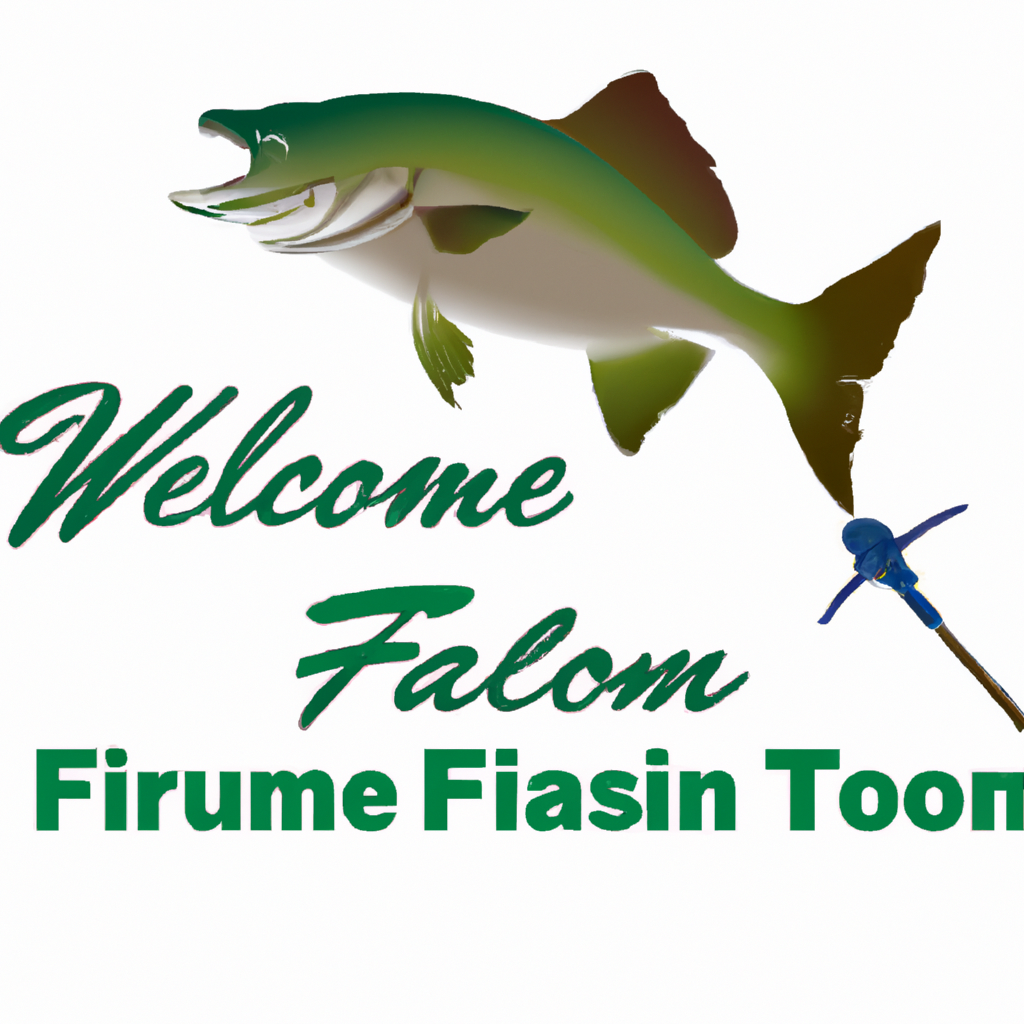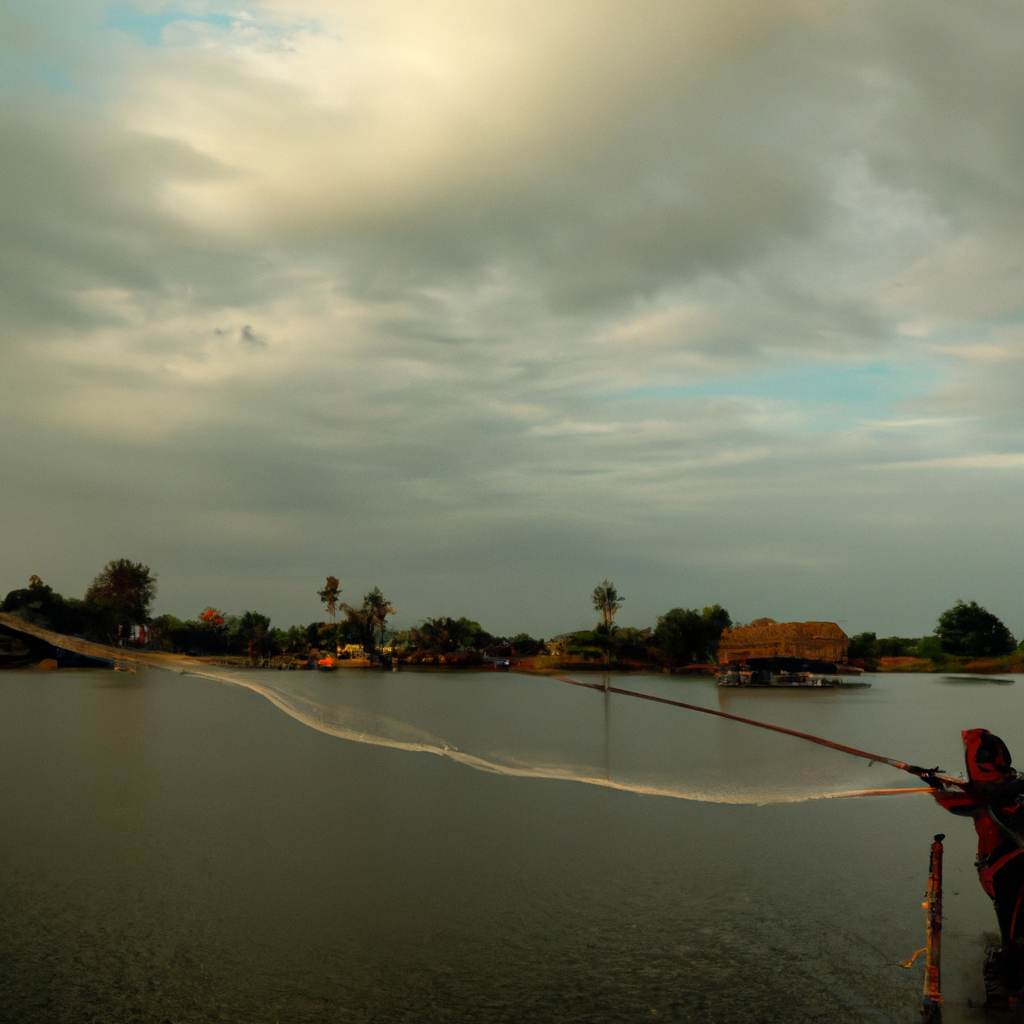It is important to know the state’s fishing regulations if you plan to fish in Pennsylvania. These regulations are in place to protect state’s aquatic resources, ensure sustainable fish distribution, and offer fair opportunities for all anglers. This article will explain all the regulations for fishing in Pennsylvania that you should know before you go out to catch some fish.
Requirements for fishing license
First, anglers must have a Pennsylvania fishing license before they can fish in Pennsylvania. The Pennsylvania Fish and Boat Commission issues licenses. Licenses can be purchased online, by phone or at authorized agents. Children under 16 years old and certain groups are exempt. There are many license options, including non-resident, resident, and multi-year options.
Allowed Fish Species
Although there are many species of fish that are allowed to be caught in Pennsylvania waters it is not possible to take all of them. The Pennsylvania Fish and Boat Commission maintains an online list of legal fish species. It is important to verify that the fish you want to catch is allowed before you go fishing. You can legally take bass, trout and catfish, but endangered species like sturgeon must be released.
Seasonal and catch limits
Pennsylvania has many fishing seasons. The number of fish that you can catch and take home to ensure sustainability is limited. To determine how many fish anglers can catch and if a particular species is subjected to catch-and release rules, anglers should review the fishing regulations. There are size limits for many species that must be followed. To be harvested, certain species such as catfish, trout, and bass must meet or exceed size requirements.
Restrictions on Tackle
Pennsylvania regulates fishing tackle to reduce the impact on the fish population. In some waters, barbless hooks are required. However, the use of firearms, explosives and electronic devices to catch fish in general is prohibited. Some waters are also designated as catch-and release only or artificial lures, meaning that you can’t use live bait or naturalbait.
Fishing locations
Pennsylvania offers many fishing spots, including streams, rivers, lakes and ponds. However, there are some areas that are not allowed for anglers to fish. These areas can be used as spawning grounds, wildlife habitats or recreational areas. They may also serve industrial purposes. Before you go fishing, make sure to review the local fishing regulations.
Boating Regulations
Pennsylvania boating regulations apply for vessels equipped with motors, paddleboats, or other human-powered watercraft. Even fishing vessels, all vessels must be registered by the state. It is illegal to operate a vessel under the influence of drugs and alcohol. All boats must be equipped with life jackets and other safety equipment.
Ice Fishing Regulations
Ice fishing is a unique and popular activity in Pennsylvania. However, it is also subject to regulations. Ice fishing season has its own rules, including a set of legal species, minimum size and possession limits. Before they venture onto the ice, anglers should check its stability and wear the appropriate clothing.
Hunting and Fishing Combination Licenses
Some anglers also plan to hunt. The state offers a variety of combination licenses for those who wish to hunt and fish. These licenses allow anglers the freedom to hunt and fish simultaneously without additional costs. Combination licenses are significantly cheaper than buying separate licenses.
Penalties and fines
Failure to comply with PA fishing regulations can lead to fines, suspension of licenses, or even imprisonment. The nature of the violation, such as the type of fish caught and the number of fish that exceed the limit, will determine the severity of the penalty.
Conclusion
The state of Pennsylvania has established regulations to ensure sustainable fishing practices that do not adversely affect the environment. It is not possible to ignore the regulations and be charged with a violation. Therefore, it is important to read and adhere to the rules. If you have any questions, don’t hesitate to ask for clarifications. Also, report any illegal fishing practices. These regulations will ensure that all anglers have the opportunity to enjoy the thrill of fishing and protect the state’s natural resources.




